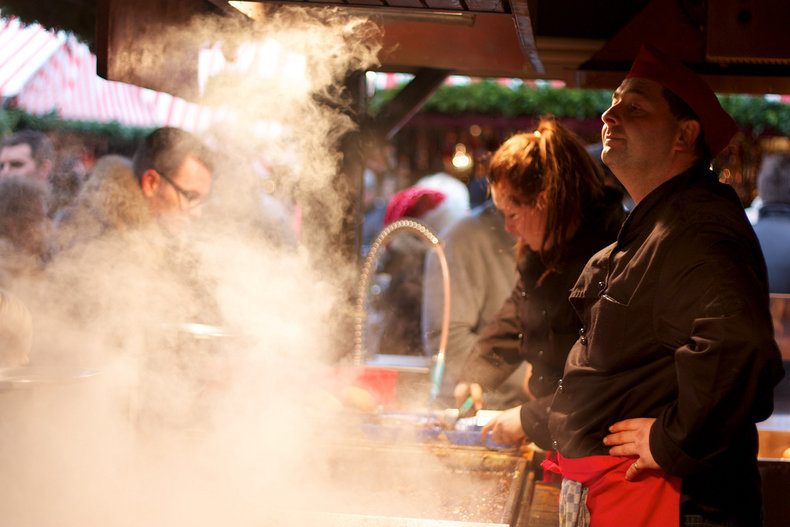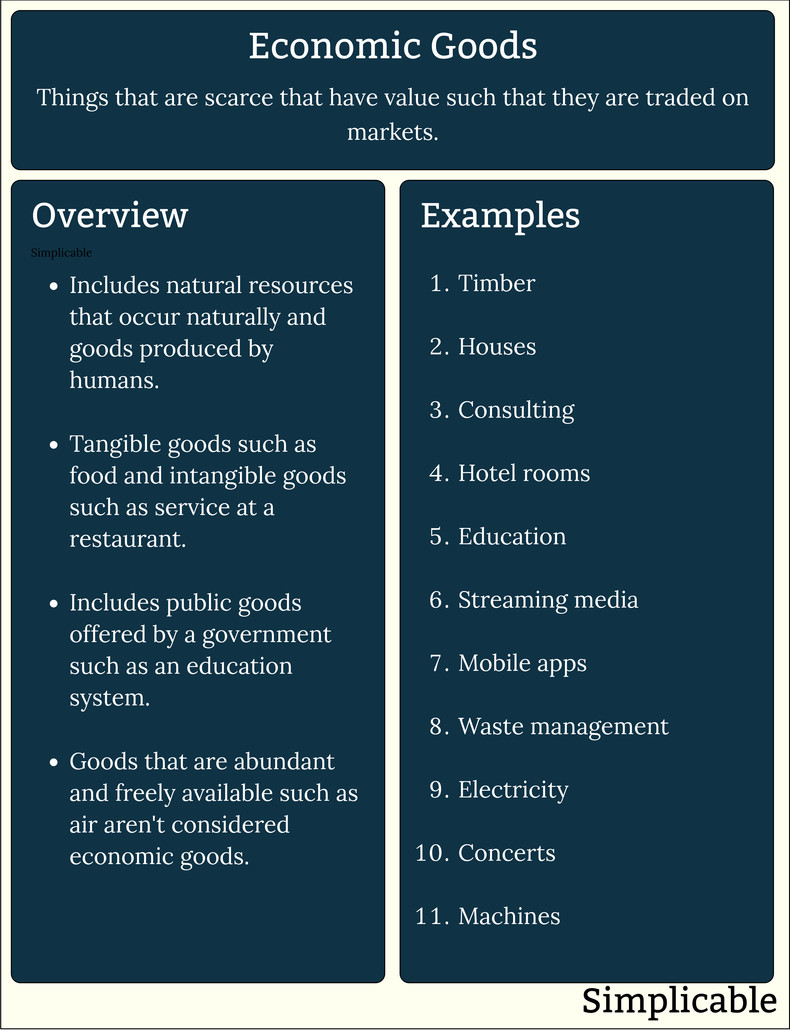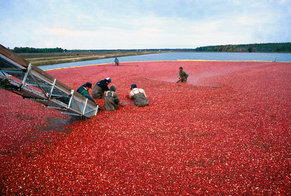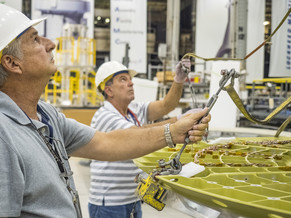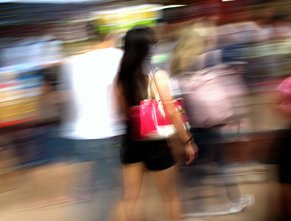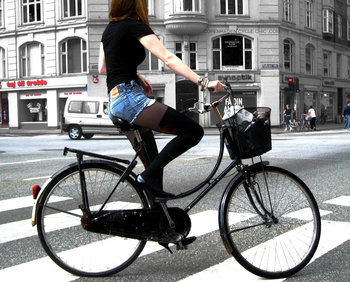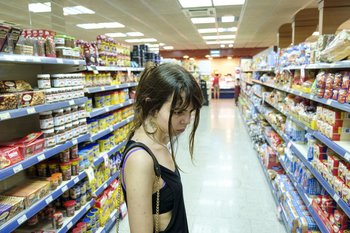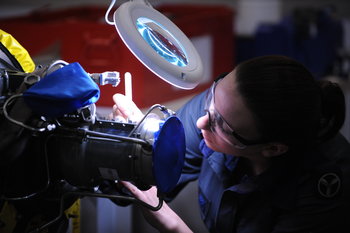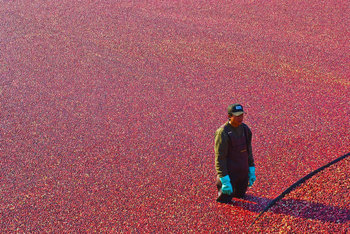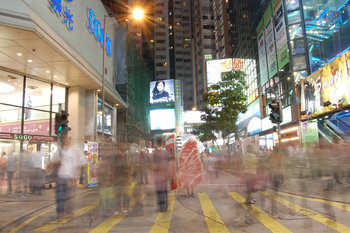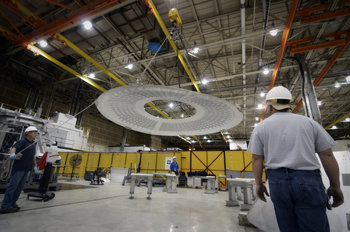|
| |
An economic good is a result of human effort that has utility. This includes all value created by economic systems including intangible value such as knowledge and services. The following are common examples of economic goods.
Private GoodsA good that is owned by an individual or family such that others are excluded from using it without permission. For example, a bed in a home.Public GoodsGoods that are free for all to use. These can be specific to a location such as a beach, park or road. Public goods also include intangible value such as a work of art that has entered the public domain.Club GoodsA business model that provides public access to private capital for a fee. For example, a theme park.
Tangible GoodsAny value that you can touch such as a toothbrush or bridge.Intangible GoodsGoods that derive much of their value from things you can't touch. For example, music or a meal at a restaurant. Consumer GoodsProducts that are made for people such as a toaster. Fast Moving Consumer GoodsFast moving consumer goods are products that are quickly used up by consumers such that they need to be regularly replenished. For example, food, cleaning supplies and cosmetics.Durable GoodsGoods with a useful life of more than two years.Business GoodsProducts that are made for businesses such as a tractor. It is increasingly common for businesses to use consumer goods as they are often far cheaper and comparable in quality. For example, a cafe that uses a consumer model of microwave.Intermediate GoodsGoods that aren't finished such that they don't have utility on their own. This is also known as the factors of production and includes labor, components and materials.Credence GoodsCredence goods are goods where it is very difficult for consumers to judge quality such that they rely on things such as standards, consumer protection and professional certifications. For example, advice from a doctor or lawyer where much knowledge is required to understand the quality of the advice.CommoditiesGoods where customers see little difference in quality from one producer to the next such that they always buy the cheapest item. This gives producers no incentives to increase quality beyond some minimal standard that customers expect. Confusingly, the term commodity is also commonly used as a synonym of goods. This is technically incorrect.Inferior GoodA good that people purchase more as they have less money. For example, fast food sales that do well in a recession.Superior GoodA good that people purchase more as their income or wealth increases. For example, business class flights.Veblen GoodA good that achieves higher demand as its price rises. This is not normal and is quite rare. It is a common misconception that all luxury goods are veblen. However, if you discount a luxury item, demand will certainly increase even if this may damage the long term status of a brand.Economic Goods vs Free GoodsFree goods are goods that can be obtained without work such as air and water. Knowledge, know-how and inventions are free goods when they enter the public domain. Economic Goods vs Economic BadsAn economic bad is a negative result of the process that creates economic goods. For example, the air pollution and waste that is created by delivering an ecommerce package. Economic bads include the entire lifecycle of product usage such as the air pollution created by a motorcycle each minute and mile it is operating. SummaryProducts, services and experiences that are traded on markets are all economic goods.
Goods
This is the complete list of articles we have written about goods.
If you enjoyed this page, please consider bookmarking Simplicable.
© 2010-2023 Simplicable. All Rights Reserved. Reproduction of materials found on this site, in any form, without explicit permission is prohibited.
View credits & copyrights or citation information for this page.
|
